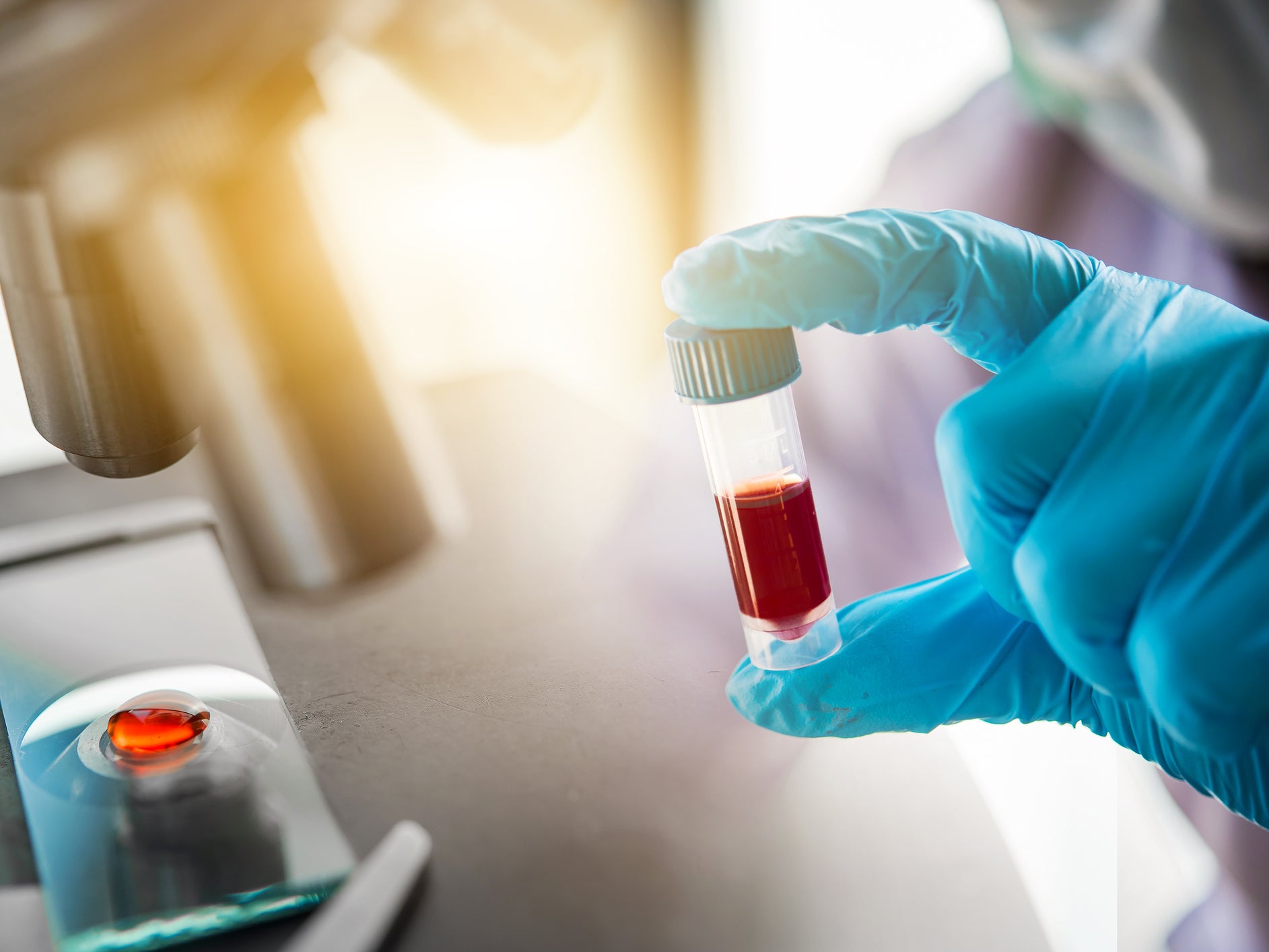Coronavirus: Lack of post-mortems hampering fight against Covid-19, warn experts
Exclusive: Only a few dozen medical post-mortems have been carried out leading to a shortage of tissues for scientists working on ways to combat the virus

A lack of specialist post-mortems on coronavirus victims has hampered life-saving research to unlock the virus’ secrets and find new treatments and even a vaccine, The Independent has learned.
Only a few dozen medical post-mortem examinations have been carried out since the start of the outbreak meaning there is a shortage of tissue samples for scientists hoping to unravel how the virus affects the body or study the wider epidemiology of its spread among groups in society.
The Royal College of Pathologists has said it is “absolutely vital” that more medical or so-called ‘consented post-mortems’ are carried out now the country is through the worst of the pandemic.
Unlike a coroner’s post-mortem, which is designed only to establish the cause of death, a consented post-mortem is carried out with the permission of the deceased’s family and allows pathologists to take small samples from the body’s major organs that can be analysed in a lab along with the patient information and medical records.
Dr Mike Osborn, consultant histopathologist at Imperial College Healthcare NHS Trust and chair of the Royal College’s death investigations committee, told The Independent such post-mortems would “absolutely” help treat future patients and could save lives.
“We’re working with numerous groups all around the country and indeed around the world, looking at a variety of things, we’re working with people who are trying to develop a vaccine. We’re looking at distribution of the virus to see which organs it affects.
“The more you can understand those things, the more you are likely to be able to use treatments that are already available, that you know interrupt that pathway, and you can develop new treatments. That’s very dependent on being able to have the tissues and use it in the lab.”
He said a good number of medical post-mortems would be around 1,000 for the whole country, but he estimated only around 30 had been done so far, leading to a lack of tissue in labs.
“With a consented post-mortem you can sample lots of tissue from that person and with the family’s permission use that to investigate the disease and to develop treatments and possibly vaccines. It is a very powerful tool, one of the most powerful tools we have to learn about new diseases.
“Unfortunately, the capacity to do that during this Covid outbreak has been somewhat limited.
“It’s led to probably a lack of information that would have been very useful. The gold standard for investigating the cause of death in anybody is a post-mortem examination with adequate tissue sampling taken with consent, so you can then go on and do further investigations and study the disease. That’s something that the college would really like to push for in the future.”
Dr Osborn emphasised this was not a case of retaining organs and only small bean-sized samples would be taken. He said a positive way to look at it was similar to organ donation, adding: “Nothing is taken or done without the consent of the family. Families are generally very happy to help, with around 50 per cent giving consent.”
During the height of the virus surge in the NHS, mortuary services were stretched and the ability for staff to do consented post-mortems was limited.
He said there was also a lack of testing across the country for post-mortem examinations which had further curtailed the numbers.
He said the Royal College of Pathologists was now urging clinicians to request consent from families for the specialist examinations to help increase the amount of tissue available to scientists.
“This isn’t some esoteric ‘we just want to know that for the sake of knowing it’ sort of thing. It all feeds into treatment protocols down the line. It’s absolutely vital.”
At Imperial College Healthcare Trust, he said staff had already changed treatments based on information from post-mortems in Italy which revealed the dangers of blood clotting in Covid-19 patients.
The Royal College is also developing a database of information from post-mortems on Covid-19 patients which it is making freely available to clinicians to aid their learning and treatment of patients.
It is also planning to carry out a systematic review of post-mortem findings in coming months.
Join our commenting forum
Join thought-provoking conversations, follow other Independent readers and see their replies
Comments
Bookmark popover
Removed from bookmarks